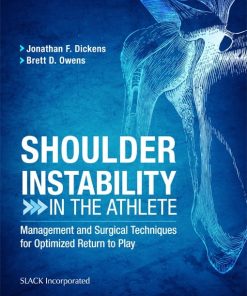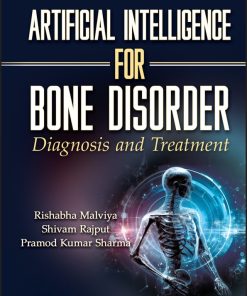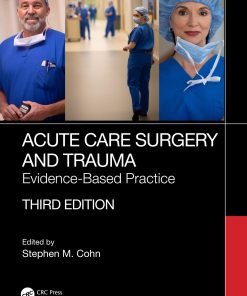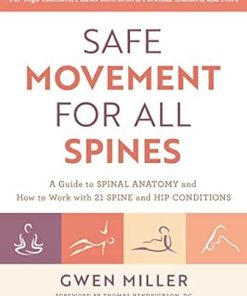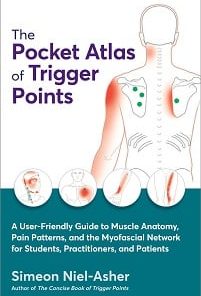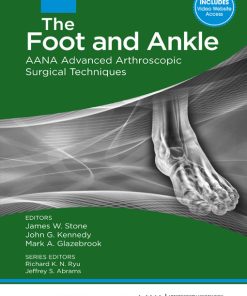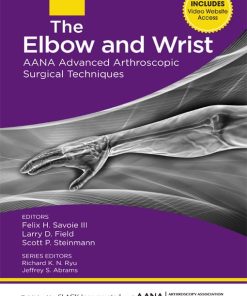Overview of the Different Types of Surgery Books
Surgery books are an invaluable resource for medical professionals, providing detailed information on the various types of surgical procedures and techniques. They can be used to help surgeons prepare for a procedure, review the latest advances in the field, or simply brush up on their knowledge. Surgery books come in a variety of formats, from textbooks to reference guides to handbooks.
Textbooks are comprehensive works that provide a thorough overview of the fundamentals of surgery. These books typically cover topics such as anatomy, physiology, pathology, pharmacology, and surgical techniques. Textbooks are often used by medical students and residents to gain a better understanding of the subject matter.
Reference guides are more concise than textbooks and provide quick access to specific information. These books are often organized into sections, with each section focusing on a particular type of surgery. Reference guides are useful for surgeons who need to quickly look up a specific technique or procedure.
Handbooks are smaller than textbooks and reference guides and are designed to be carried around. They usually contain only the most essential information about a particular type of surgery. Handbooks are ideal for surgeons who need to quickly reference a procedure while in the operating room.
Atlas books are visual guides that provide detailed illustrations of surgical procedures. These books are especially helpful for surgeons who need to understand the anatomy of a particular area before performing a procedure. Atlas books are also useful for medical students who need to learn the basics of anatomy.
Finally, there are specialty books that focus on a particular type of surgery. These books provide detailed information on the techniques and procedures associated with a particular specialty, such as orthopedic surgery or plastic surgery. Specialty books are often used by surgeons who specialize in a particular field.
Surgery books are an invaluable resource for medical professionals. Whether you’re a medical student, resident, or experienced surgeon, having access to the right books can make all the difference when it comes to performing successful surgeries.
Benefits of Reading Surgery Books
Reading surgery books is an invaluable resource for medical professionals, students, and anyone interested in the field of surgery. Surgery books provide a comprehensive overview of surgical techniques, procedures, and equipment, as well as detailed information on anatomy, physiology, and pathology. They can also provide insight into the latest developments in the field, such as new technologies and treatments.
Surgery books are essential for medical professionals who need to stay up-to-date on the latest advances in the field. By reading these books, they can gain a better understanding of the various techniques and procedures used in surgery, as well as the risks and benefits associated with each. This knowledge can help them make informed decisions when performing surgeries and ensure that their patients receive the best possible care.
For medical students, surgery books can be a great way to learn about the field. By reading these books, they can gain a better understanding of the different types of surgeries, the anatomy and physiology involved, and the risks and benefits associated with each procedure. This knowledge can help them prepare for their exams and become more confident in their ability to perform surgery.
Surgery books can also be beneficial for those who are interested in the field but not necessarily pursuing a career in it. By reading these books, they can gain a better understanding of the field and the various techniques and procedures used in surgery. This knowledge can help them make informed decisions if they ever need to undergo a surgical procedure.
Overall, reading surgery books is an invaluable resource for medical professionals, students, and anyone interested in the field of surgery. These books provide a comprehensive overview of surgical techniques, procedures, and equipment, as well as detailed information on anatomy, physiology, and pathology. They can also provide insight into the latest developments in the field, such as new technologies and treatments. By reading these books, medical professionals can stay up-to-date on the latest advances in the field, while medical students can gain a better understanding of the field and the various techniques and procedures used in surgery. Finally, those who are interested in the field but not necessarily pursuing a career in it can gain a better understanding of the field and the various techniques and procedures used in surgery.
How to Choose the Best Surgery Book for Your Needs
When it comes to choosing the best surgery book for your needs, there are a few things to consider. First and foremost, you need to determine what type of surgery you are interested in learning about. Are you looking for a general overview of surgical procedures or do you need more specific information? Once you have identified the type of surgery you are interested in, you can begin to narrow down your search for the best surgery book.
The next step is to look at the content of the book. Does the book provide detailed descriptions of the various types of surgeries? Does it include diagrams and illustrations that help explain the procedures? Is the language used easy to understand? Does the book cover the latest advances in surgical techniques? These are all important questions to ask when selecting the best surgery book for your needs.
Another factor to consider is the author’s credentials. It is important to make sure that the author has experience in the field of surgery and is knowledgeable about the subject matter. You should also check to see if the author has published any other books on the topic. This will give you an indication of their expertise and knowledge.
Finally, you should consider the cost of the book. While some books may be more expensive than others, it is important to remember that the quality of the book is often reflected in the price. If you are looking for a comprehensive guide to surgery, then you may want to invest in a more expensive book. However, if you are just looking for basic information, then a less expensive book may be sufficient.
By taking the time to research and compare different books, you can ensure that you select the best surgery book for your needs. With the right book, you can gain a better understanding of the various types of surgeries and the latest advances in surgical techniques.
Understanding the Different Levels of Surgery Books
Understanding the Different Levels of Surgery Books is an invaluable resource for medical professionals and students alike. This comprehensive guide provides a detailed overview of the various levels of surgery, from basic to complex. It covers topics such as preoperative preparation, postoperative care, and the different types of surgical procedures.
The book begins by introducing readers to the basics of surgery, including the anatomy of the body, the different types of instruments used in surgery, and the principles of asepsis. It then moves on to discuss the different levels of surgery, from minor procedures to major operations. Each level is discussed in detail, with information on the risks and benefits associated with each type of procedure. The book also covers the different types of anesthesia used in surgery, as well as the potential complications that can arise during and after surgery.
In addition to providing an overview of the different levels of surgery, this book also offers practical advice on how to prepare for surgery, both physically and mentally. It includes tips on how to reduce stress before and after surgery, as well as how to manage pain and discomfort during and after the procedure. It also provides guidance on how to communicate effectively with your surgeon and other medical personnel.
Finally, Understanding the Different Levels of Surgery Books provides a comprehensive look at the ethical considerations involved in performing surgery. It discusses the importance of informed consent, patient autonomy, and the role of the physician in making decisions about treatment. It also examines the legal implications of performing surgery, including malpractice liability and the rights of patients.
Overall, Understanding the Different Levels of Surgery Books is an essential resource for anyone interested in learning more about the different levels of surgery. It provides a comprehensive overview of the different types of procedures, the risks and benefits associated with each, and the ethical considerations involved in performing surgery. With its clear and concise explanations, this book is sure to be a valuable resource for medical professionals and students alike.
Tips for Enhancing Your Knowledge Through Surgery Books
Surgery books are an invaluable resource for medical professionals, providing detailed information on the latest surgical techniques and procedures. They can also be a great way to enhance your knowledge of surgery and stay up-to-date with the latest developments in the field. Here are some tips for getting the most out of your surgery books:
1. Read widely. Don’t just stick to one book or author; read as many different books as you can to get a comprehensive overview of the subject. This will help you gain a better understanding of the various aspects of surgery and how they all fit together.
2. Take notes. As you read, take notes on key points and concepts that you find particularly interesting or important. This will help you remember what you’ve read and make it easier to refer back to later.
3. Ask questions. If you come across something that you don’t understand, don’t be afraid to ask questions. You can either ask your instructor or consult other sources such as online forums or textbooks.
4. Practice. Once you’ve read about a particular procedure, try to practice it yourself. This will help you gain a better understanding of the technique and give you more confidence when performing it in the future.
5. Stay up-to-date. Surgery is a rapidly changing field, so it’s important to stay up-to-date with the latest developments. Make sure to read new books and articles regularly to ensure that you’re not missing out on any important advances.
By following these tips, you can make the most of your surgery books and enhance your knowledge of the subject. With a little effort, you can become an expert in no time!
















